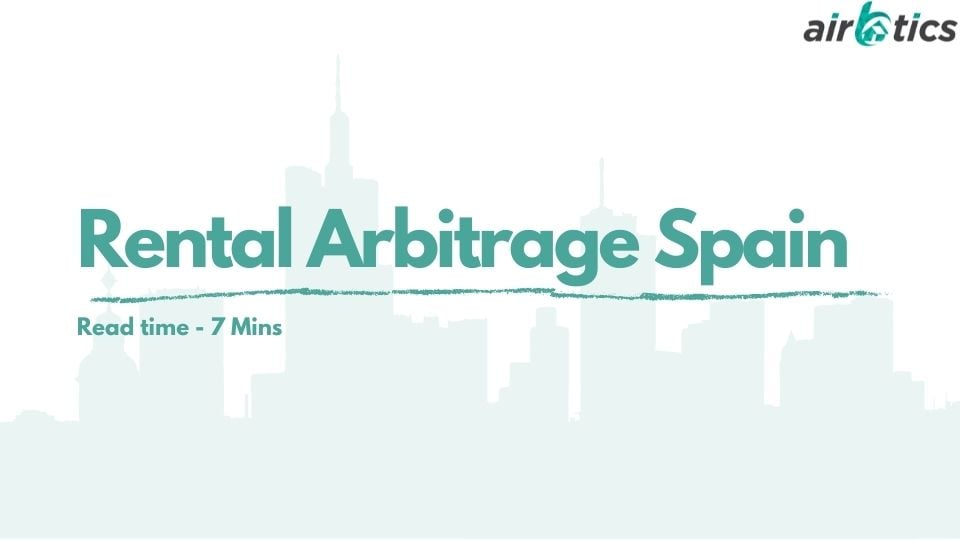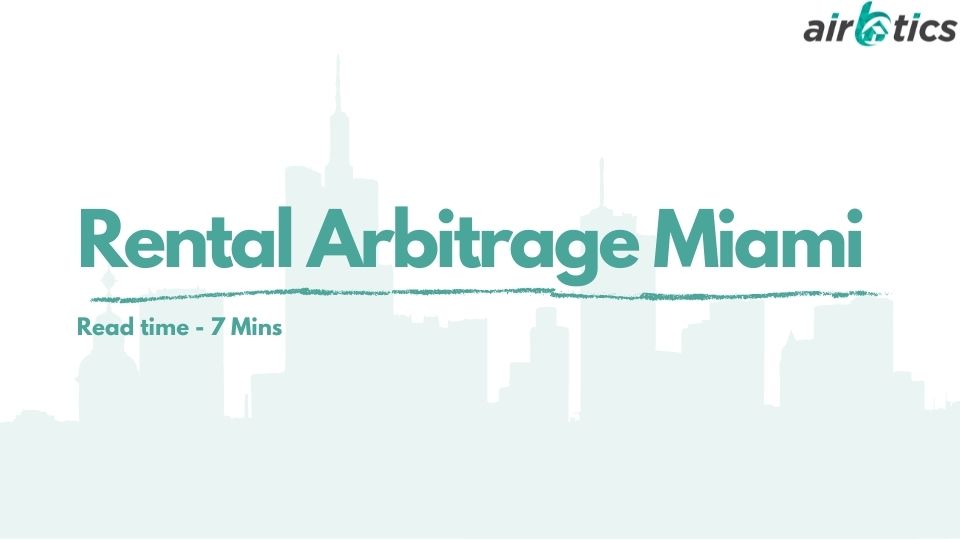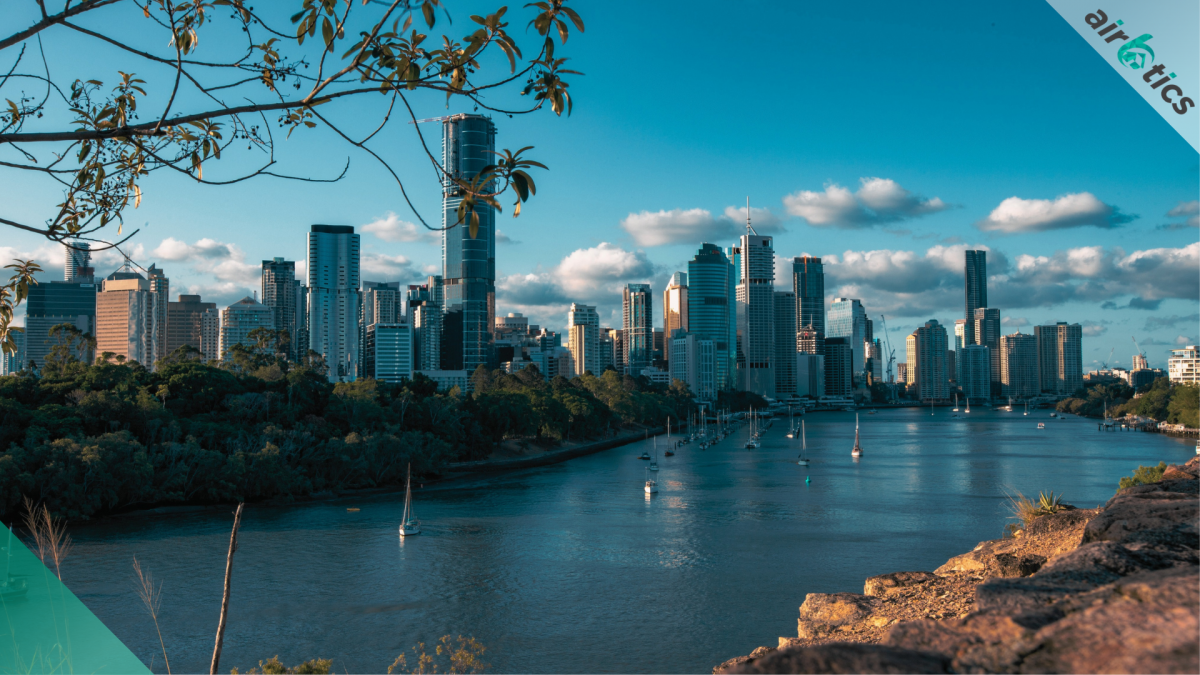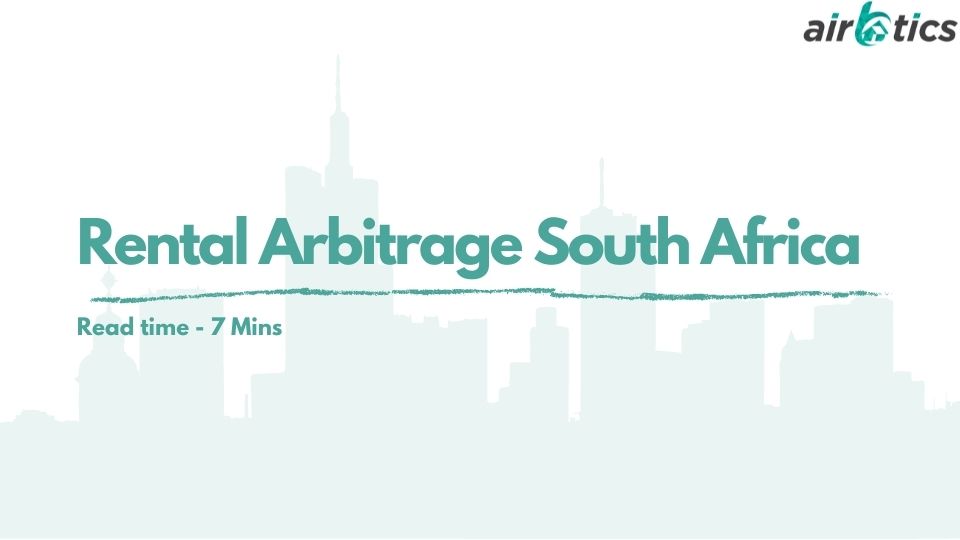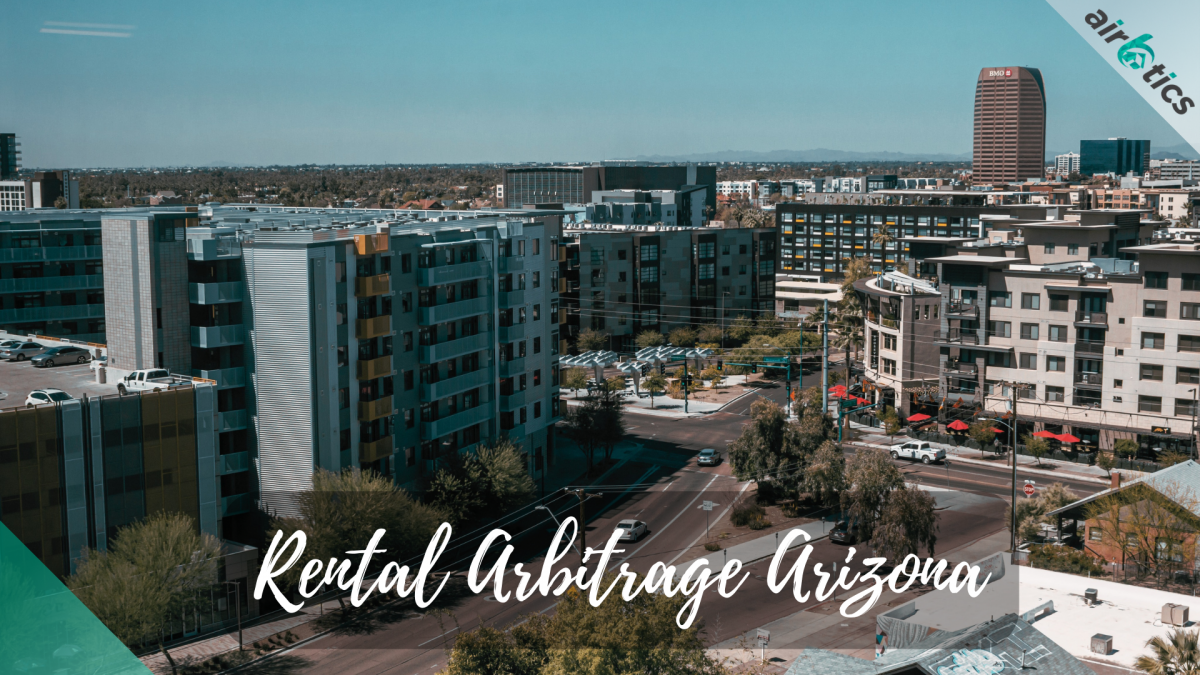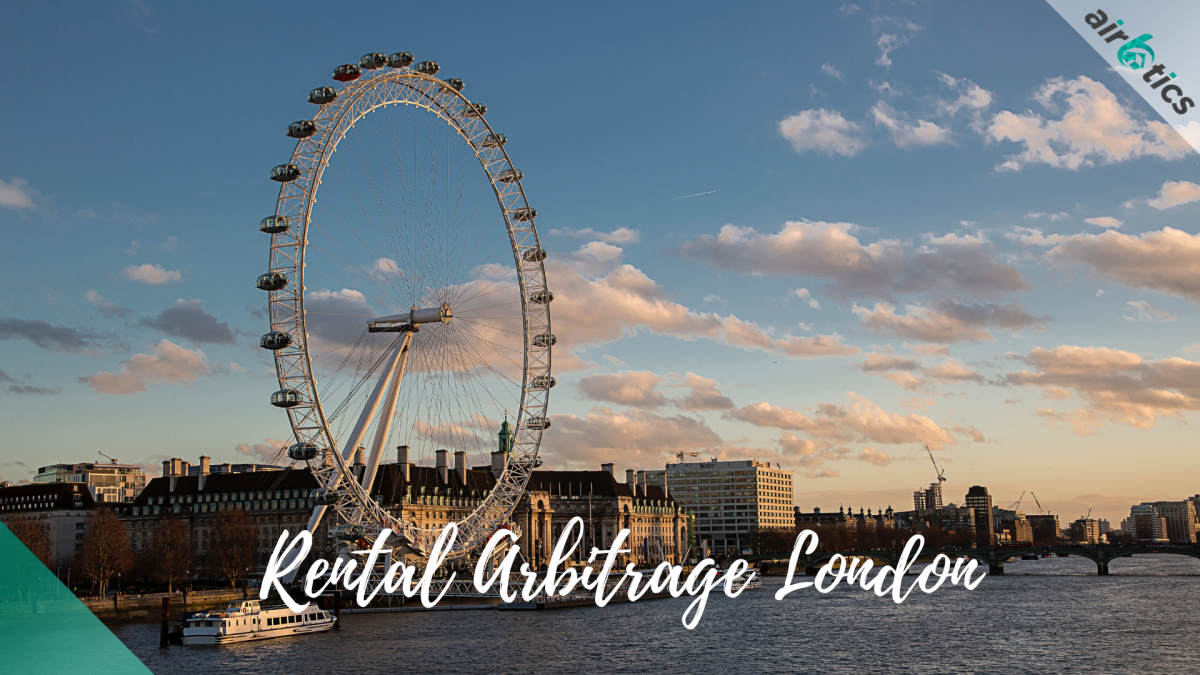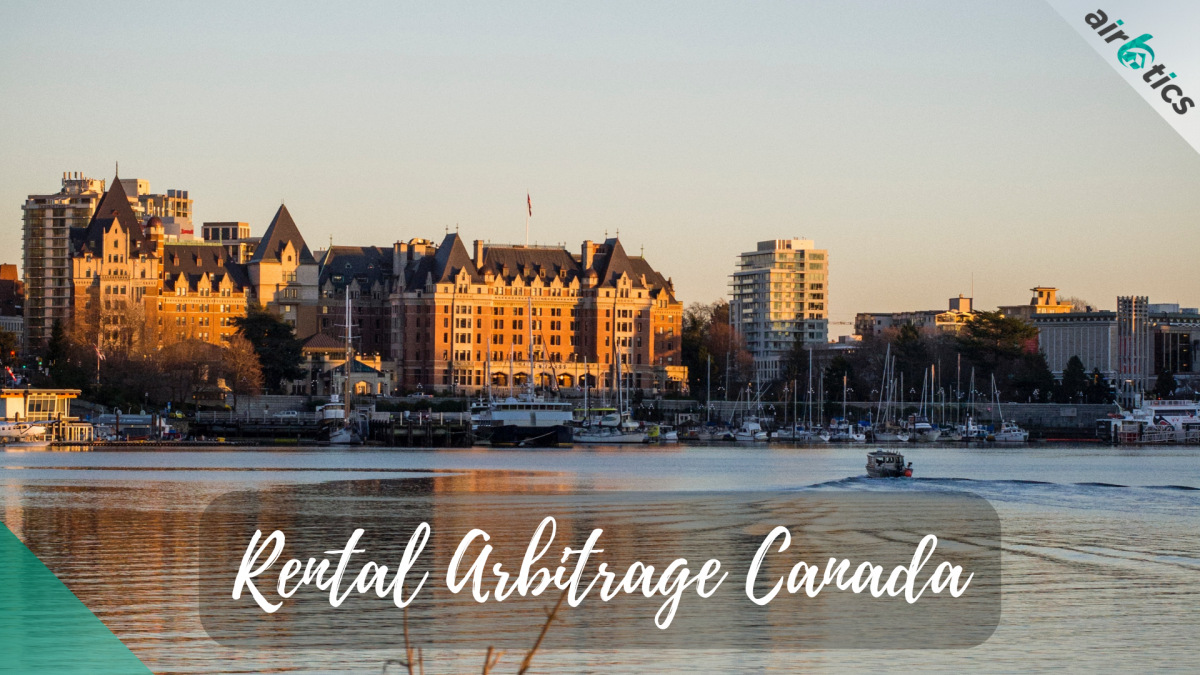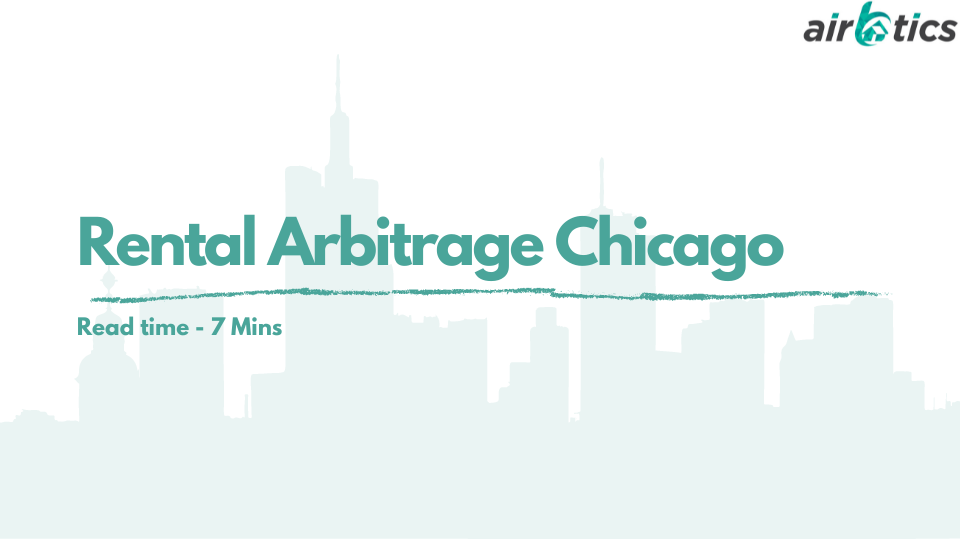Table of Contents Add a header to begin generating the table of contents What is Rental Arbitrage? Rental Arbitrage is a method similar to house hacking, however, the only difference is that you don’t own the house. Instead, you convince a landlord to lease you a property which will be furnished and subleased on Airbnb […]
